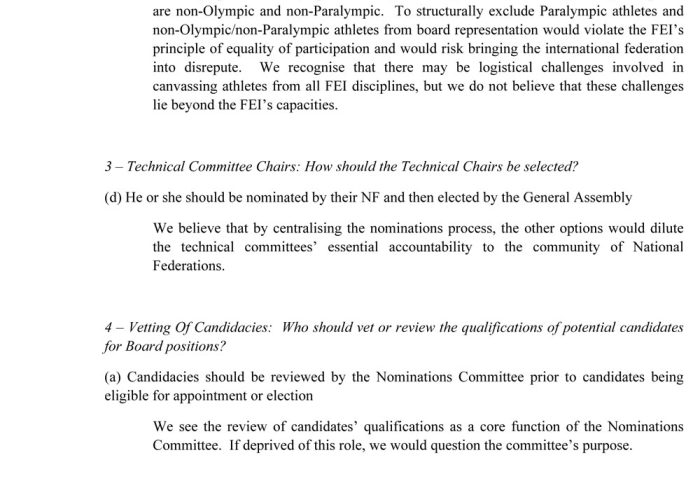In recent news, the Lithuanian Gambling Regulator has fined a top sport for failing to comply with anti-money laundering (AML) regulations. This is a serious issue that affects not only the sports industry but also the wider gambling industry as a whole.
AML regulations are put in place to prevent money laundering and terrorist financing. They require gambling operators to implement strict measures to identify and verify their customers, monitor their transactions, and report any suspicious activity to the relevant authorities.
The Lithuanian Gambling Regulator has been cracking down on AML compliance in recent years, and this latest fine is a clear message to all operators that they must take their responsibilities seriously. The fine imposed on the top sport is a significant one, and it serves as a warning to others that they must comply with AML regulations or face similar consequences.
It is important to note that AML compliance is not just a legal requirement but also a moral obligation. Money laundering and terrorist financing are serious crimes that can have devastating consequences for individuals and society as a whole. By complying with AML regulations, gambling operators can help to prevent these crimes from occurring and protect their customers from harm.
In addition to the financial penalties imposed by regulators, non-compliance with AML regulations can also damage the reputation of gambling operators. Customers are increasingly aware of the importance of AML compliance, and they are more likely to choose operators who take their responsibilities seriously.
To ensure AML compliance, gambling operators must implement robust policies and procedures. This includes conducting thorough customer due diligence, monitoring transactions for suspicious activity, and reporting any concerns to the relevant authorities. It is also important to provide regular training to staff to ensure they understand their obligations and can identify potential risks.
In conclusion, the fine imposed on the top sport by the Lithuanian Gambling Regulator for failing to comply with AML regulations is a clear indication of the importance of AML compliance in the gambling industry. Operators must take their responsibilities seriously and implement robust policies and procedures to prevent money laundering and terrorist financing. Compliance not only protects customers and society but also helps to maintain the reputation of the industry as a whole.




